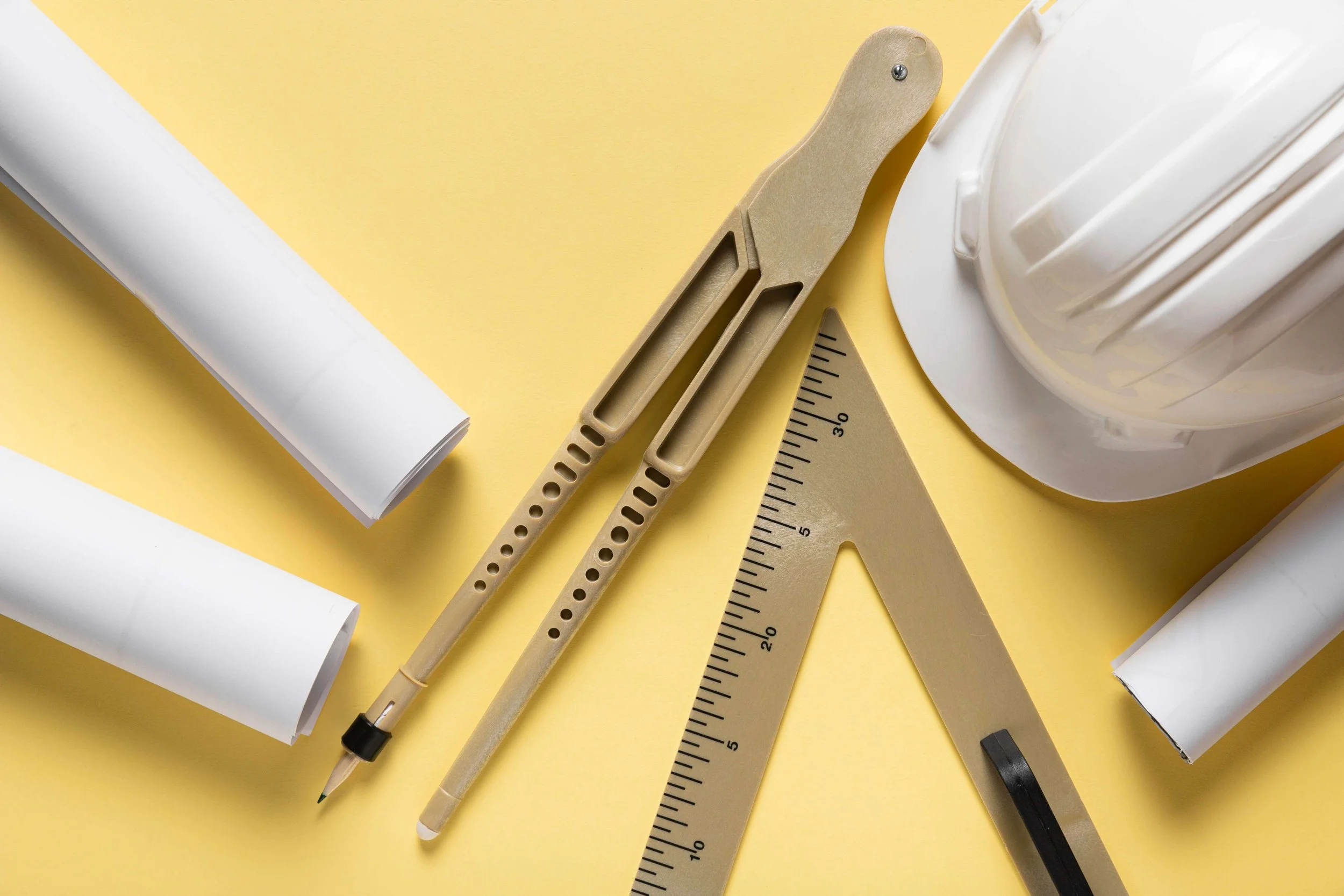The Importance of Regular Home Inspections: Ensuring Property Integrity and Tenant Safety
Regular home inspections are a cornerstone of property management, ensuring the integrity of the property and the safety of its tenants. These inspections, whether for rental properties or homeowner associations (HOAs), play a critical role in maintaining the property's value and providing a safe environment for those who live there. Let’s delve into why regular home inspections are essential, the key areas they cover, and the benefits they bring to both property owners and tenants.
Why Regular Home Inspections Are Vital
Regular home inspections are not just routine checks; they are an essential aspect of property management that safeguards the property’s integrity and the well-being of its occupants. Here’s a detailed view of the critical reasons why these inspections are indispensable:
1. Maintaining Property Value
Regular inspections serve as a proactive approach to property maintenance. They allow for the early detection of wear and tear, which is inevitable over time. By addressing these minor issues promptly, such as peeling paint, cracked tiles, or leaking faucets, property owners can prevent them from turning into major, costly repairs that could significantly devalue the property. Furthermore, well-maintained properties are more attractive to current and prospective tenants, thereby enhancing the property’s market value and rental appeal.
Properties maintained to high standards by a reliable property management company are more attractive to current and prospective tenants, thereby enhancing the property’s market value and rental appeal.
2. Ensuring Tenant Safety
The safety of tenants is paramount, and regular inspections are crucial in identifying risks that could compromise tenant safety. This includes checking for electrical hazards such as faulty wiring, potential fire hazards like outdated appliances, and structural vulnerabilities that could lead to accidents. By identifying and mitigating these risks, property owners ensure a safe living environment, thereby reducing the likelihood of accidents and the potential for liability claims against them.
3. Preventing Costly Repairs
Minor issues can quickly escalate into major problems if left unaddressed. Regular inspections allow for the early detection of potential problems, such as small leaks that could lead to significant water damage or minor cracks that could evolve into structural failures. Early intervention can prevent these issues from becoming severe, thereby saving property owners from the hefty costs associated with major repairs or replacements. This proactive maintenance approach is cost-effective in the long run, ensuring the longevity and durability of the property.
4. Legal and Regulatory Compliance
Property owners are obligated to ensure their properties meet certain legal and safety standards. Regular inspections are vital in ensuring compliance with local building codes, safety regulations, and housing standards. This includes verifying that the property meets fire safety requirements, building codes, and health regulations. Compliance helps avoid legal complications, fines, or penalties that can arise from violations. Moreover, it protects property owners from potential lawsuits related to negligence or unsafe living conditions.
5. Enhancing Tenant Satisfaction and Retention
Regular inspections demonstrate to tenants that the property owner is committed to maintaining a high standard of living. This commitment to upkeep and safety can significantly enhance tenant satisfaction, fostering a positive landlord-tenant relationship. Satisfied tenants are more likely to take better care of the property, report issues promptly, and stay longer, reducing turnover rates and the costs associated with finding new tenants.
6. Environmental and Health Protection
Inspections also play a crucial role in identifying environmental hazards such as mold, asbestos, or lead paint, which can pose serious health risks to tenants. Early detection and remediation of these hazards contribute to a healthier living environment, protecting tenants from potential health issues and property owners from legal and financial liabilities associated with environmental negligence.
Key Areas Covered in Home Inspections
1. Structural Integrity: Inspectors check for signs of foundation problems, roof damage, and other structural issues that could compromise the building’s safety and value.
2. Electrical Systems: Ensuring the electrical system is up to code and functioning safely is vital to prevent fire hazards and other risks.
3. Plumbing and Water Damage: It's really important to regularly check for issues and take actions to prevent water damage, leaks, potential mold growth, etc. Taking quick action to fix these problems doesn't just keep your home strong, it also keeps you and your family safe and healthy.
4. Heating, Ventilation, and Air Conditioning (HVAC): Inspections of the HVAC system ensure it is operating efficiently and safely, providing comfortable living conditions for tenants.
5. Safety Features: Inspectors verify that smoke detectors, carbon monoxide detectors, fire extinguishers, and other safety features are present, functional, and accessible.
Benefits of Regular Home Inspections
For Property Owners
Protects investment by maintaining property value.
Reduces long-term repair costs through early detection of issues.
Enhances tenant satisfaction and retention by ensuring a safe, well-maintained living environment.
Provides peace of mind knowing the property complies with legal and safety standards.
For Tenants
Ensures a safe living environment free from hazards.
Improves quality of life through the prompt addressing of maintenance issues.
Provides a sense of security knowing the property is regularly inspected and maintained.
Implementing a Regular Inspection Schedule
Property owners and managers should establish a regular inspection schedule that includes annual, seasonal, and as-needed inspections based on specific issues or tenant requests. It’s important to communicate clearly with tenants about the schedule and purpose of inspections, respecting their privacy and making arrangements that minimize disruption.
In conclusion, regular home inspections are an essential practice for maintaining a property's integrity and ensuring its tenants' safety and satisfaction. By investing in routine inspections, property owners can protect their investments, comply with legal requirements, and provide a safe, welcoming environment for their tenants.
Author : Lisa Brown
Cover image by Daria Nepriakhina 🇺🇦 on Unsplash






